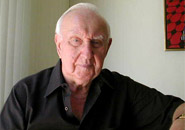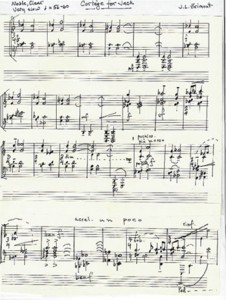 Word of Jack Beeson’s death reached me yesterday; very, very sad news– and also shocking. Not just because I’d studied with Jack at Columbia in my last year there and he’d been my thesis advisor , but because after decades he and I had just reconnected in the last 3 weeks or so: I’d sent a note of congratulations following his award given at the AMC meeting , including in it warm memories of the effects of his comment and advice, instrumental in shaping my own approach to students over the years; the note was sent on to him from the Ditson Fund because I didn’t know his home address.
Word of Jack Beeson’s death reached me yesterday; very, very sad news– and also shocking. Not just because I’d studied with Jack at Columbia in my last year there and he’d been my thesis advisor , but because after decades he and I had just reconnected in the last 3 weeks or so: I’d sent a note of congratulations following his award given at the AMC meeting , including in it warm memories of the effects of his comment and advice, instrumental in shaping my own approach to students over the years; the note was sent on to him from the Ditson Fund because I didn’t know his home address.Jack called (surprisingly) on May 15th. We talked for a quarter hour, during which time he mentioned his recent group of recent CDs released by Albany. Not really knowing his choral music, I ordered the Gregg Smith disc, which arrived 5 days later – in the same mail with a hand-written letter from Jack (another surprise).
After listening I wrote directly to Jack about my renewed pleasure in the clarity and immediacy of his music, its fineness of craft, and such refreshing surprise in how he shaped the harmonic rhythm. Because we both had set the same poem, I sent him a CD with that setting, plus the 2 discs of orchestra music he’d asked to hear.
The final surprise came on June 1st : another long letter from Jack – he’d really listened to everything (and wrote many kind comments), and concluded the letter with his “pleasure at our re-meeting”.
Understandingly, the shock of his death was almost overwhelming. I immediately sat down and as a tribute wrote Cortège for Jack; it was almost like automatic writing – the music was done inside 2 hours. Only after finishing did I recognize that “Beeson” is the governing rhythm.
Jack Beeson was really memorable. Laconic at times, careful and caring with words – as with notes. The joy, exuberance and passion in his music come forward fully because of his innate discretion and artistic good taste. In some respects he was a musical ‘father’ to me – certainly one of only two composers with whom I ever had formal study in composition. As a model, as a thinking musician and a citizen of the musical world, he was significant and important to me. I will miss him.
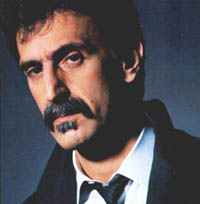
 DM: A long time ago I heard Malcolm play a solo violin improvisation at Carnegie Hall. I was floored by the sounds he got out of the instrument and the way he built a flowing piece on the spot out of all these extended techniques. I later found a string quartet by him, which we performed in 2008, I think. We loved the piece and, I’m happy to say, he was pleased with the performance. We got to talking about having him write a piece for Locrian and “The Sky…” is the result of that. The commission came through the Canada Council. (Malcolm lives in Montreal.) The piece, like most of his works, is a set of coordinated improvisations.
DM: A long time ago I heard Malcolm play a solo violin improvisation at Carnegie Hall. I was floored by the sounds he got out of the instrument and the way he built a flowing piece on the spot out of all these extended techniques. I later found a string quartet by him, which we performed in 2008, I think. We loved the piece and, I’m happy to say, he was pleased with the performance. We got to talking about having him write a piece for Locrian and “The Sky…” is the result of that. The commission came through the Canada Council. (Malcolm lives in Montreal.) The piece, like most of his works, is a set of coordinated improvisations.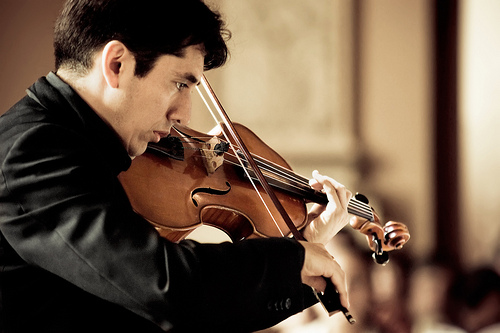
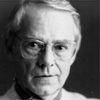 American composer
American composer  2009-2010 marks the sixth year that Houston’s contemporary ensemble and presenting organization
2009-2010 marks the sixth year that Houston’s contemporary ensemble and presenting organization 

